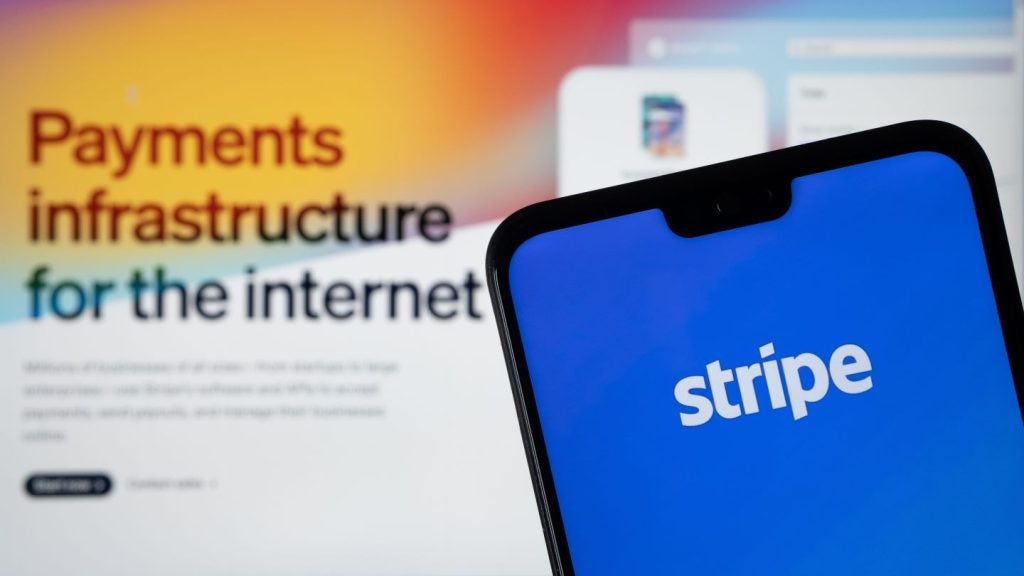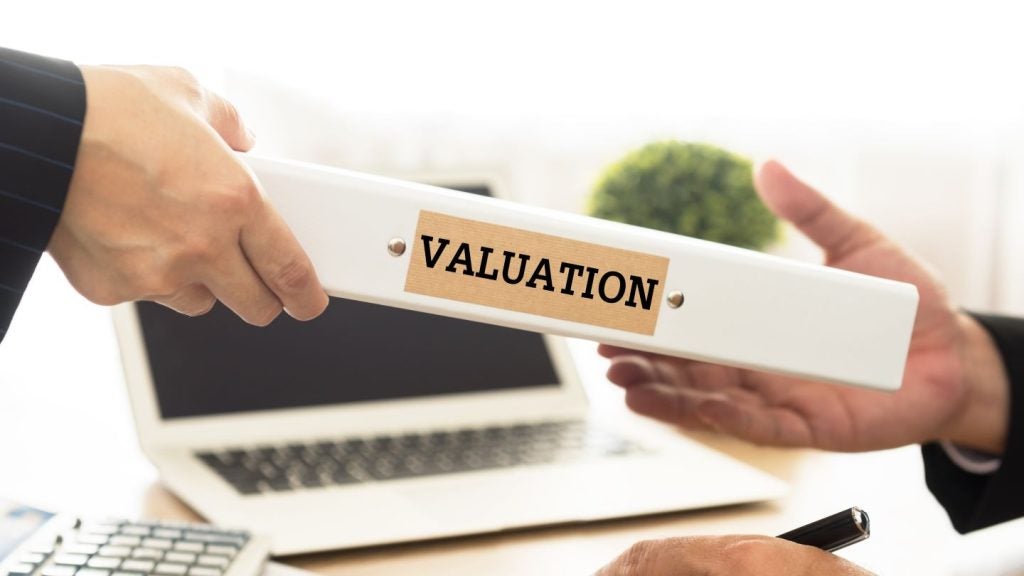Payments industry experts share their outlook on the year ahead. Fintech, AI, mobile payments, P2P, AML, blockchain, all amid some hefty shifts in the global political and economic climate..
Michael Kent, CEO and Founder, Azimo
With the world still reeling from the global political turmoil of 2016, making any kind of prediction for the coming year is… unpredictable. One thing is for sure, though – the next 12 months are going to be a thrilling ride for fintech.
Global instant, low-value mobile-to-mobile payments take off
As smartphone sales reach saturation point in developed markets, technology adoption growth is now solidly focused on emerging and developing nations. Following the success of domestic millennial-focused payment apps such as Venmo in the US, sending money mobile-to-mobile around the world, instantly and at low cost, will take off in 2017.
Artificially intelligent bots become a customer service game-changer

US Tariffs are shifting - will you react or anticipate?
Don’t let policy changes catch you off guard. Stay proactive with real-time data and expert analysis.
By GlobalData“Your call is very important to us, please continue to hold” is one of the most annoying phrases in financial services. But thanks to advances in artificial intelligence, the vast majority of customer queries can now be answered quickly and efficiently via a chat bot, with human help only required for the really tricky questions. Soon, the idea that we need to phone up our bank to get things done will seem as antiquated as writing a cheque.
Machine learning technology makes financial services a safer place
Tesco Bank had a huge security lapse a couple of months ago, and overall 2016 was another bumper year for banking fines with multi-million-, and in some cases multi-billion-dollar fines for financial service players who did not follow the rules. Criminal sanctions for senior executives were also added into the mix in several countries this year. With so much at stake, compliance has become one of the biggest growth areas in financial services. But given the huge amounts of data that need to be monitored and crunched, machine learning technology is increasingly being applied to seek out and analyse trends and risks to keep us all safe.
Political risk – a journey into the unknown
For the first time in years, political risk and uncertainty will be one of the biggest concerns for every business and many individuals in 2017 – it is clear that we are sailing into uncharted territory.
While America’s new president elect seems to have the financial markets excited, there is also an underlying fear that we are witnessing an era of free trade and globalisation being replaced by isolationism. Trump’s first 100 days in charge, and the results of the 2017 German and French elections, will tell us more.
Closer to home, the main worry is that a badly handled Brexit will have a hugely negative impact on the UK technology and fintech sectors, with talent and capital relocating elsewhere and London tumbling down the list of attractive places to start a business.
Laurent le Moal, CEO, PayU
Although there is a competition to be crowned the hub of fintech innovation among the likes of New York and London, we are starting to see an increasing level of payment innovation coming from all parts of the globe.
In 2017, this trend will continue as more governments and entrepreneurs capitalise on the smartphone revolution and citizens’ increasing access to electronic payments methods.
In 2017 we will see more payments innovation from India, Latin America and Africa. Each is home to distinct opportunities to grow electronic payment volumes. Moreover, overseas firms are facing a higher level of competition in these markets from local entrepreneurs and home-grown business models.
With global opportunity in abundance, the key to payments firms’ success in 2017 will be an acute understanding of the local market dynamics that shape adoption of new technologies.
Ralf Ohlhausen, business development director, PPRO Group
1. Usability of payment methods
Payment methods need to become more user-friendly to appeal to various platforms of commerce, from the till point to online, taking differing devices into consideration in order to stay competitive.
This is especially important for providers of e-commerce payment methods, which need to come up with optimised user experience and facilitate the growing trend of mobile payments.
2. Brexit
Brexit will be a huge topic for regulated fintechs in 2017. When the UK triggers Article 50 in March, the UK’s two-year journey to exit the EU will begin and so will the mass exodus of fintechs from the UK if indeed the country chooses to end the EU licence passporting as well.
In that case, many internationally working fintechs regulated by the Financial Conduct Authority in the UK or passported into the UK are likely to move to countries such as Luxemburg, Ireland and Malta, which will make it easy for fintechs to apply for PI and e-money licenses. 2017, therefore, will mark the year of the ‘big move out’ for fintechs from the UK.
3. Strong Customer Authentication (SCA)
SCA becomes a mandatory part of the Payment Services Directive 2 (PSD2), which will be implemented in the member states of the EU over the next two years. Unfortunately, the SCA’s increase in security will likely affect usability, which is completely contrary to what merchants and consumers want. New innovations around authentication methods may reduce the problem, but may also lead to more advanced concepts overall, making SCA obsolete.
Going forward, we will see increasing discrepancies between fast-moving technology and slow-moving regulatory changes – a difficult dilemma, which can only be overcome by fundamental changes in the regulatory approach. If you are impacted by SCA watch out for exemptions that might be granted and new authentication methods mitigating the adverse effect on usability.
4. Mobile payments
There’s been some bad news for mobile-payment sceptics. According to the 2016 Visa Digital Payments Study, in just one year the number of European consumers using mobile payments has increased by 200%. Previous scepticism may have been prompted by the fact that it took mobile payments longer to take off than originally predicted.
Bashing mobile payments also became a favourite sport for some journalists. But that does not change the fact that mobile has now reached its tipping point. And with companies such as Apple and Samsung now getting serious about mobile payments, it seems a fair bet that the pace of that change is about to accelerate.
ApplePay is now rolling out to most major markets. And it is doing so, as it turns out, exactly as consumers are starting to accept mobile payments. Given how often Apple has got it right before, particularly in terms of user experience, there is every reason to be optimistic this time too. That can only be a good thing both for mobile payments and for the alternative-payment market as a whole.
On a more wide-ranging note, this is a lesson for all of us in the industry. New developments invariably go through the whole of the hype cycle — including what Gartner refers to as the “trough of disillusionment”, when everyone is pointing to early failures and disappointments and saying “it will never work”.
As an industry, we have got to get better at recognising this cycle for what it is. We need to stick with good ideas, even when they do not seem to be fulfilling their early hype. Because good ideas do not go away. And no one wants to be the late adopter when, suddenly, everything starts coming together at last.
5. Instant Payments
The Euro Retail Payments Board (ERPB), a successor of the SEPA Council, is currently pushing very hard to make sure that SEPA is not falling behind the many national initiatives for implementing faster and even instant payments.
The European Payments Council (EPC) just published its first rulebook for instant SEPA credit transfers (SCT Inst), which will bring down the crediting of the beneficiary’s account from one business day to a mere 10 seconds.
Similar instantaneous funds availability shall also come to SEPA direct debits, cards and other payment methods.
Implementation of SCT Inst will be optional for all banks (at least for now) and may take some time, but the future of payments will be instant – just as it happened to messaging, the purchase of books or music and other things in our daily lives already.
6. Access to Account
January marks one year until the Second Payment Services Directive compliance deadline, which will bring the new concept of Access to Account (XS2A) into the EU. Licensed third-party providers will be granted access any bank account in the EU to provide payment or account information services to customers. 2017 will see increasing competition to the additional layers of value-added services presented to banking customers.
7. Chatbots
At the beginning of 2016, internet giants rushed to incorporate an application programming interface into chat programs – also known as chatbots – for automated communication with customers. After a year of creating a firm presence in the UK, chatbots will become one of the biggest innovations in 2017 since the introduction of smartphones and it will not take long until chatbot payments are the norm.
8. Blockchain Technology
The underlying blockchain technology behind bitcoins will certainly make further headlines in 2017. Blockchain is a database where all bitcoin transactions are saved. It consists of a long chain of data blocks in which one or more transactions are being compiled, encrypted and securely stored.
Transactions are very fast with blockchain, and although they are not made in real time, they are very cheap. Ideas on where the blockchain technology might be used in the future are only just being developed. Basically, however, it is already clear it could be beneficial for all transactions that are currently in need of a trusted third party.
One example is smart contracts. Instead of solicitors, computers take over the contractual management, meaning that they are proofing all preconditions in live mode and are able to realise individual agreements automatically.
9. Anti-Money Laundering
It has been much speculated whether the fifth anti-money laundering directive (AML5) will come into play in 2017. If it does come in the form currently proposed by EU legislators, it will have a massive impact on e-money institutions. The already-low limits for e-money usage without know-your-customer processes will be further decreased,and e-money will lose appeal over standard banking. That would through the baby out with the bathwater and could collapse the whole EMI industry.
10. Peer-to-Peer payment
Person-to-person or peer-to-peer (P2P) payment solutions have been popping up across Europe and the rest of the World for quite some time, but we can expect 2017 to see the method to gain traction here in the UK. The European Retail Payments Board (ERPB) is working to facilitate the co-operation of existing and future P2P mobile payment solutions to ensure interoperability on a pan-European level.
The vision is to provide any person with the ability to initiate a pan-European P2P mobile payment safely and securely. 2017 could finally see a standard brought into place which reaches a critical mass of people and enables P2P payments without the need for knowing lengthy bank account numbers.
11. Cashier-free stores
Amazon recently unveiled plans to bring a chain of cashier-free stores to the UK next year. By using technology to track which items have been selected, the store will remove the need for products to be scanned or for customers to queue at a checkout, as customers will be able to pay via smartphone as they exit the store. The introduction of such stores will accelerate the UK’s move towards a cashless and even encourage a cardless society in 2017.







